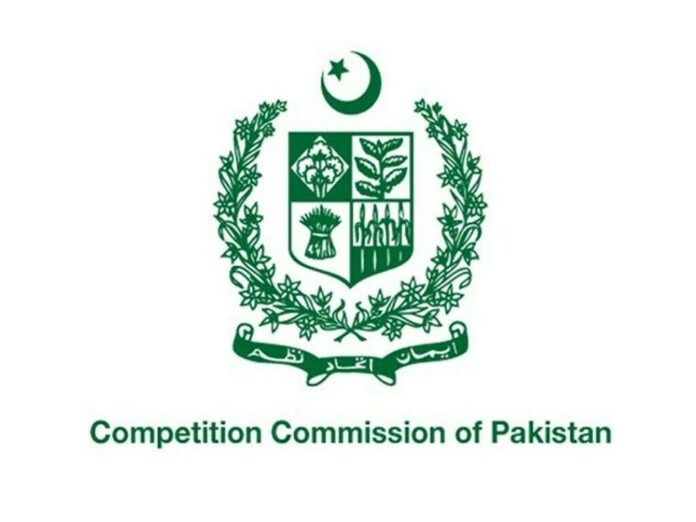ISLAMABAD: The Competition Commission of Pakistan (CCP) organized 37 awareness and training sessions during FY 2024-2025 to promote understanding of the Competition Act, 2010. These sessions aimed at businesses, legal professionals, academia, government officials, and professional bodies.
The sessions focused on critical sectors, addressing issues like deceptive marketing, cartelization, abuse of dominance, and challenges in retail and e-commerce. CCP collaborated with trade and business bodies such as the Rawalpindi Chamber of Commerce and Industry (RCCI), Federation of Pakistan Chambers of Commerce and Industry (FPCCI), and Chainstore Association of Pakistan (CAP) to enhance business awareness.
In partnership with legal and corporate institutions, CCP worked with the Institute of Chartered Accountants of Pakistan (ICAP), Institute of Business Administration (IBA), and bar associations like Islamabad High Court Bar Association (IHCBA) and Punjab Bar Council (PBC).
Additionally, Directors’ Training Programmes were held for corporate executives on competition compliance, while legal professionals received training on legal frameworks and enforcement. CCP also engaged academia by delivering sessions at institutions such as GC University Lahore, Bahria University, University of Peshawar, and International Islamic University Islamabad, helping students and faculty understand competition law through case studies.
A key milestone was a lecture by Dr. Amber Darr on cartel screening and detection, equipping CCP officers and other regulators with advanced tools to identify collusive behavior.




